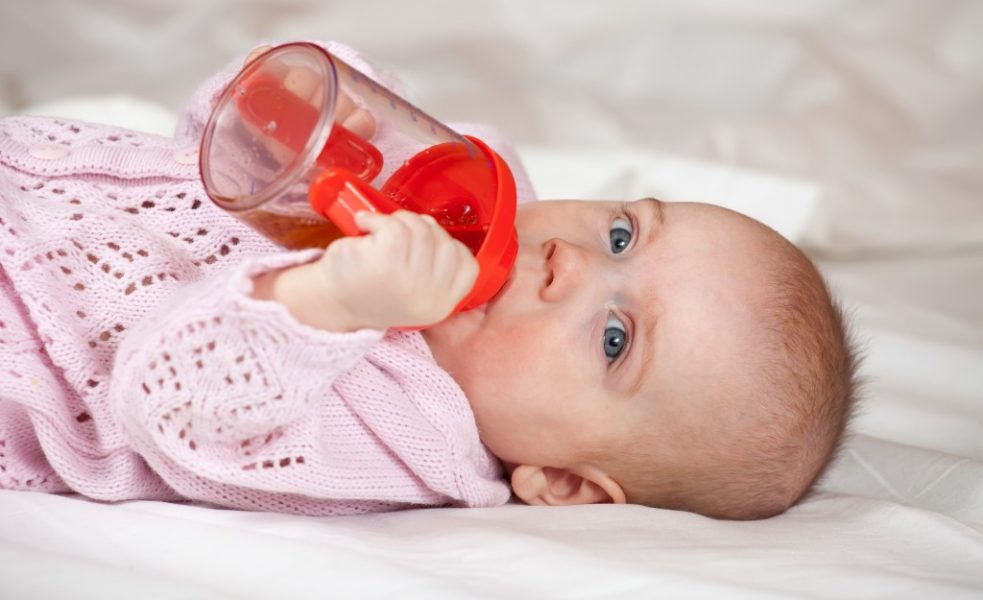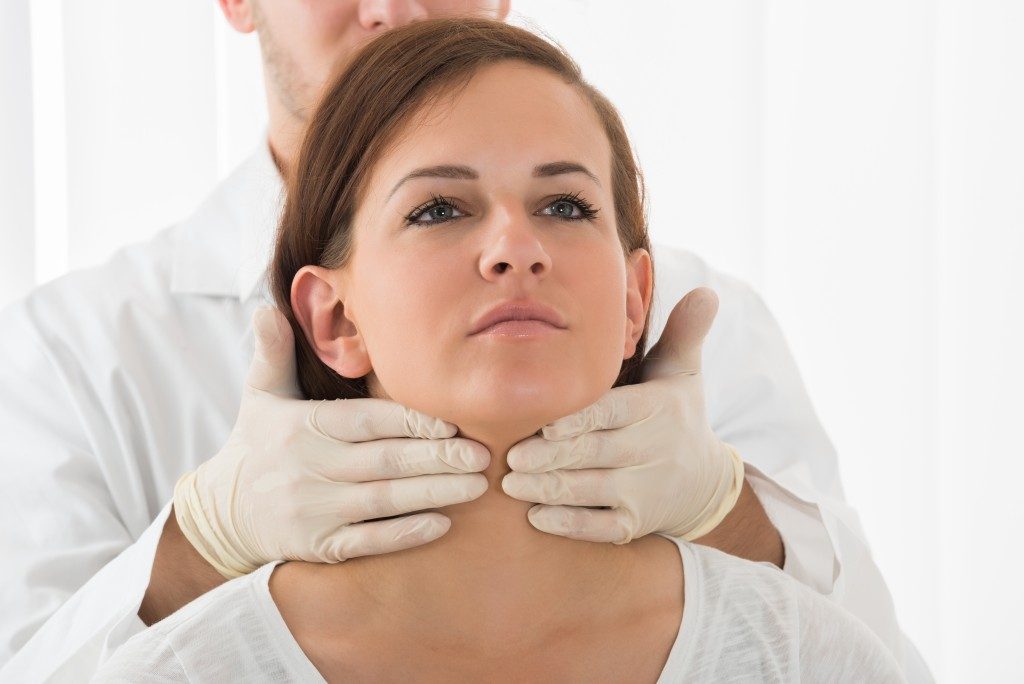Tooth decay is one of the most rampant diseases that plague children. In kids aged six years old and younger, it’s known as early childhood cavities or caries. According to the American Dental Association (ADA), it’s four times more common than obesity in young children and five times more common than childhood asthma.
Fortunately, tooth decay is preventable. This means that you need to start caring for your child’s dental health as early on as possible to avoid it. Did you know that even babies and toddlers could develop tooth decay? This is known as baby bottle tooth decay and unfortunately, it’s also pretty common.
How Does Baby Bottle Tooth Decay Develop?
When babies are given sugary liquids, such as breast milk or formula milk during bedtime or naptime, the sugar from these liquids would remain on their teeth. In turn, bacteria naturally found in your baby’s mouth would convert the sugar into acid that could easily damage the teeth’s outer coating or enamel. This is how tooth decay starts to form.
Unfortunately, baby teeth have thinner and weaker enamels than permanent teeth. This makes it much easier for acids to damage them, warns Children’s Crossing Pediatric Dentistry and other well-known dentists for kids in Lehi.

During the daytime, the saliva in your baby’s mouth would help clean some of the sugar from milk, but you still need to clean your baby’s teeth as an extra precaution. During nighttime, saliva production would naturally slow down, so your baby would swallow less often, which gives bacteria more time to turn sugar into acid that could wreak havoc on your baby’s teeth.
How Do You Know if Your Baby has Baby Bottle Tooth Decay?
Tooth decay could occur in any of your baby’s teeth, but they commonly occur on the upper incisors or front teeth. Tooth decay could appear as brown or dark stains on the teeth. Depending on the severity of decay, your baby might cry continuously because of the pain and discomfort caused by the inflammation around their affected tooth.
Why is Baby Bottle Tooth Decay a Big Deal?
You might be thinking that they’re only baby teeth, so why bother caring for them if they’re going to be replaced with permanent teeth anyway? Tooth decay in babies is a serious issue because your baby needs to learn how to speak, chew, and smile in a comfortable manner.
Having tooth decay would have an adverse effect on these simple actions. Left unaddressed, tooth decay could lead to severe pain and serious infection that could result in your baby losing her baby teeth too early, which in turn could cause her adult teeth to come out crookedly.
Proper dental health habits should start at home, but as your baby grows, it’s best to visit a pediatric dentist regularly. The American Dental Association (ADA) even recommends visiting a dentist once their first tooth erupts or at least before they turn one year old. Your dentist could easily detect potential issues, such as tooth decay, and address them before they could damage your baby’s teeth further.



